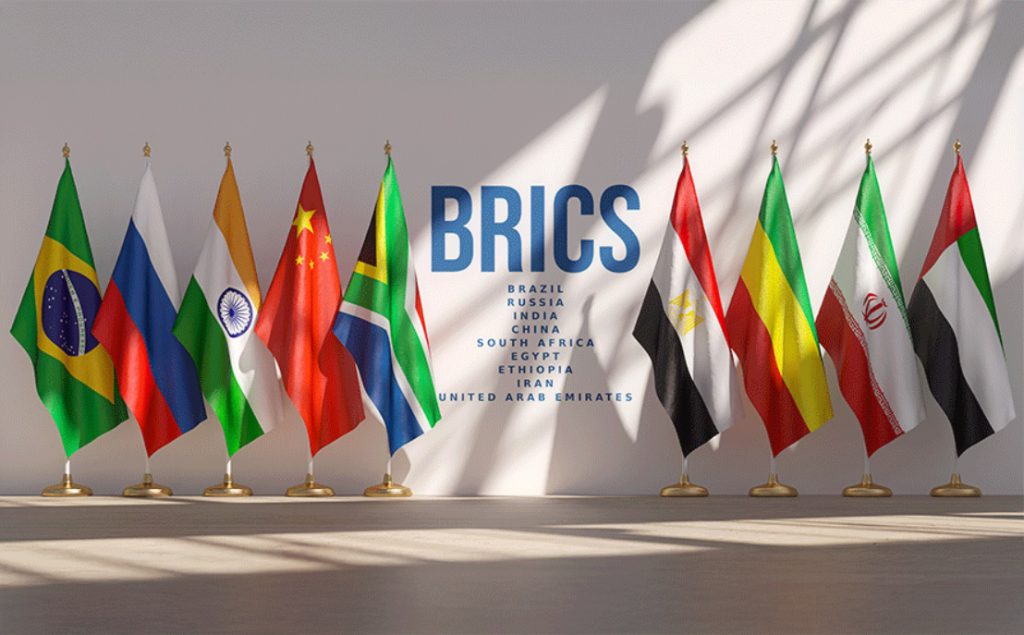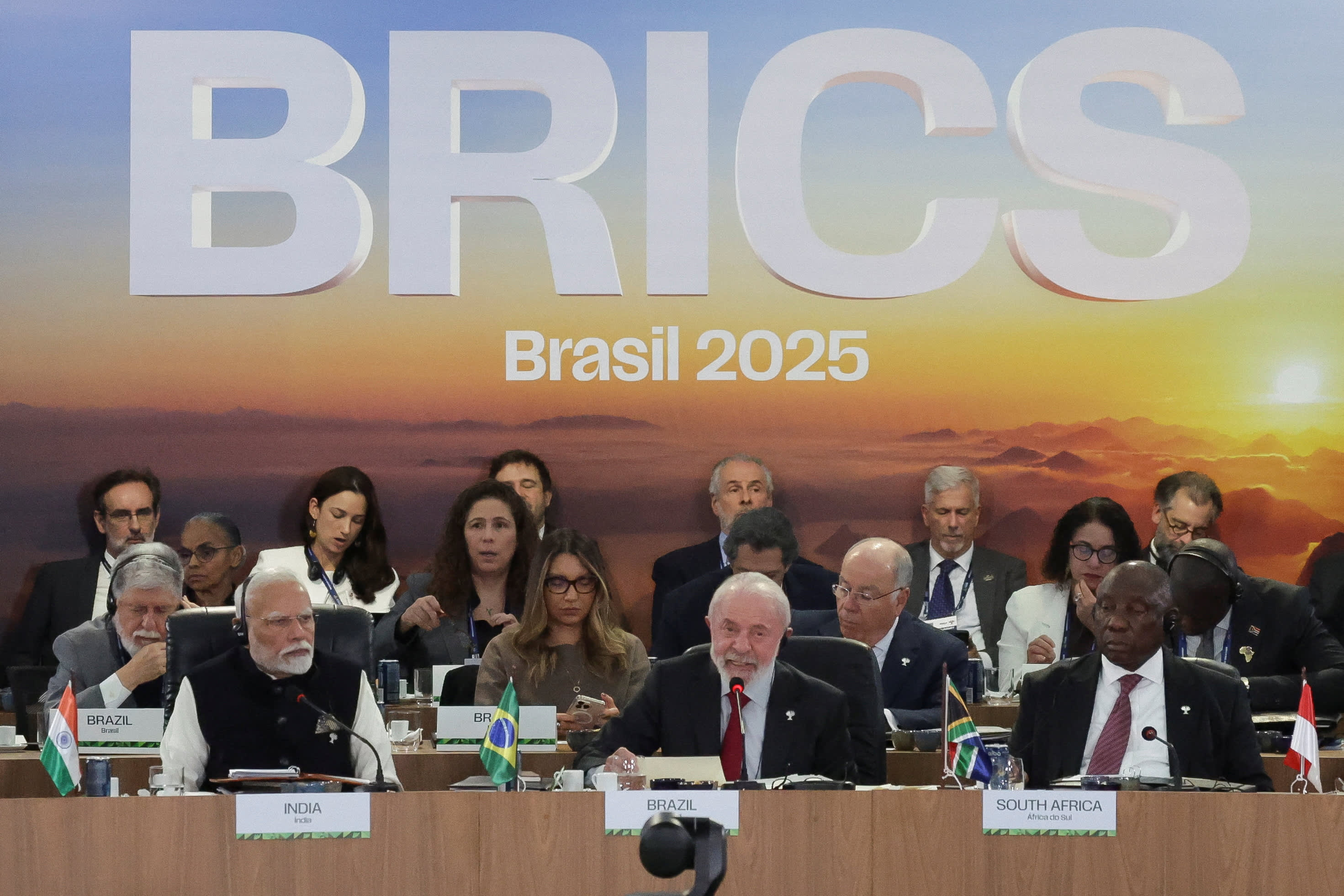
Tensions between the United States and the BRICS bloc, particularly African countries aligned with it, are rising as President Donald Trump prepares to implement a new round of tariffs targeting several key member states.
- The United States has announced new tariffs targeting key BRICS nations, escalating global trade tensions.
- Affected nations, including African economies, are facing challenges in balancing BRICS cooperation with U.S. ties.
- Analysts warn of potential global economic polarization as countries react to evolving trade policies.
The move has sent ripples through diplomatic channels and financial markets, placing BRICS-aligned African economies in a vulnerable position due to their deepening trade, investment, and political ties with the bloc, even as not all African nations are direct targets.
The 16th annual BRICS summit, held in Rio de Janeiro, comes at a critical moment of global economic realignment, with the group focused on its recent expansion, alternative trade systems, and a united response to U.S. protectionism.
The upcoming tariffs targeting China, Brazil, India, and South Africa have already strained diplomatic ties, and last-minute efforts to ease tensions were further undermined after Trump threatened sanctions on countries he accused of pursuing “anti-American policies.”
According to Reuters, BRICS leaders warned in a joint statement on Sunday that the surge in tariffs threatens global trade, indirectly criticizing President Trump’s trade agenda..
Speaking at the summit in Rio de Janeiro, host President Luiz Inácio Lula da Silva warned: “With multilateralism under attack, our autonomy is once again at stake. Hard-won achievements, such as climate and trade regimes, are under threat.”
The U.S. president responded hours later with a direct warning:
“Any Country aligning themselves with the Anti-American policies of BRICS, will be charged an ADDITIONAL 10% Tariff. There will be no exceptions to this policy,” Trump posted on Truth Social.
Though he did not name specific nations, the message is seen as a clear rebuke of BRICS efforts to bypass the U.S. dollar and build alternative financial systems.
Trump’s tariff deadline looms
President Trump’s administration is rushing to finalize dozens of trade deals ahead of a July 9 deadline, when sweeping “retaliatory tariffs” are set to take effect.

The tariffs target countries accused of unfair trade practices, and Washington is using the threat as leverage to push for bilateral agreements on more favorable terms.
Many of the targeted countries ranging from BRICS members to key U.S. trading partners in Latin America, Asia, and Africa have expressed concern that the blanket tariff policy could strain diplomatic relations, disrupt supply chains, and trigger retaliatory responses of their own.
However, the aggressive timeline and unilateral approach have sparked diplomatic tension, with critics warning the strategy could backfire by pushing affected countries toward alternative trade blocs like BRICS or the AfCFTA.
This escalating rhetoric has cast uncertainty over early efforts by some BRICS nations to initiate dialogue with Washington over the tariffs.
Analysts warn that if punitive measures continue unchecked, the result could be a deepening of global economic polarization at a time when the international system is already grappling with supply chain disruptions, inflationary pressure, and realignment in energy markets.
Africa’s position in a shifting trade landscape
At the 2025 BRICS summit in Rio de Janeiro, Africa’s presence was stronger than ever, with South Africa, Egypt, Ethiopia, and partner country Nigeria participating.
Leaders emphasized trade diversification, infrastructure investment, and de-dollarization.
However, this growing alignment with BRICS could expose African economies to greater risk as President Donald Trump intensifies his global tariff agenda. While South Africa, an original BRICS member was among the first to face U.S. tariff penalties, it is no longer alone.
Over two dozen African countries, including Nigeria, Angola, and Kenya, are now subject to new U.S. tariffs, with some facing rates as high as 50%.
Africa is vulnerable to Trump’s tariff threats due to its reliance on commodity exports, limited industrial capacity, and weak collective bargaining power. Many countries negotiate trade deals individually, diluting Africa’s influence.
Though initiatives like AfCFTA aim to unify the continent’s trade position, they remain in early stages. As a result, Africa lacks the leverage and institutional strength to effectively counter aggressive U.S. trade policies.
Africa’s growing role in BRICS boosts its geopolitical clout but also complicates its relationship with Washington.
How the continent balances South-South cooperation with U.S. interests will shape its economic trajectory in the months ahead.












